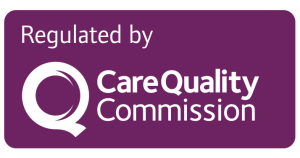Autism Assessment
What is Autism?
Autism is a lifelong neurodevelopmental difference which impacts how people view, communicate and interact with the world.
It is important to understand that individuals experience autism differently. Some may attempt to “mask” their difficulties around certain people or settings in order to fit in.
THE PROCESS
Why pursue an autism assessment?
Receiving an autism diagnosis can offer meaningful insight, greater self-understanding, and access to the right support.
- Gain clarity about your thoughts, behaviours, and social experiences, helping you make sense of how you relate to the world and process information.
- Develop a stronger sense of identity, leading to improved self-acceptance, confidence, and emotional wellbeing.
- Recognise your strengths, as well as areas where specific support, strategies, or adjustments could be beneficial.
- Help others understand and support you better, including colleagues, educators, family members, and healthcare providers.
- Access appropriate services, adjustments, and legal protections, such as workplace accommodations or support in education and daily life.
At Harley Street ADHD, we offer in-depth autism assessments led by experienced clinicians. Whether you’re exploring autism for the first time or seeking confirmation of long-standing experiences, we provide a respectful, thoughtful, and clinically robust approach to help you move forward with confidence.

Assessment information
Our autism assessments follow UK best practice guidelines and are designed with the latest clinical research in mind. Each assessment meets or exceeds the standards set by the National Institute for Health and Care Excellence (NICE).






